Nation building (Rastra Nirman)
Part 1 – Article 3 – Constitution of Nepal 2072 defines Nation as “Having multi-ethnic, multi-lingual, multi-religious, multi-cultural characteristics with common aspirations of people living in diverse geographical regions, and being committed to and united by a bond of allegiance to national independence, territorial integrity, national interest and prosperity of Nepal, all the Nepali people collectively constitute the nation.” Nation is boundary-less and people are bound by the love for the nation, mutual respect and brotherhood. Nation building means increasing identity and dignity of a nation.
Aspects
- Protect national languages, culture, lifestyle and promote them
- Promote national unity by working on harmonizing ethnicity, languages and culture.
- Promote nation identifying entities like flag, national anthem, national animals and birds.
- Identify and respect national heroes and martyrs.
- Pride towards national unity, national identity and work on preventing its misuse
- Respect to various culture, religion and ethnic groups
- Observe national days, participate in them.
Challenges to nation building
- Negative talks about the effort of national unity
- Lack of commitment towards multiculturalism
- Increasing bitterness about language and religions
- No clear definition about identity
- unable to identify national heroes
- Increasing trend of declaring martyr without proper investigation
- Dicey citizenship policy
State building (Rajya Nirman)
Part 1 – Article 4 – Constitution of Nepal defines state as
- Nepal is an independent, indivisible, sovereign, secular, inclusive democratic, socialism-oriented federal democratic republican state. Explanation: For the purpose of this article, ‘secular’ means protection of religion and culture being practiced since ancient times and religious and cultural freedom.
- The territory of Nepal shall comprise: (a) the territory existing at the commencement of this constitution, and (b) such other territory as may be acquired after the commencement of this constitution.
State building means strengthening of state. It works on determining the destination of state with forward thinking and keeping in mind about the happiness of the people. It seeks to improve honor and ownership of the state in people. It is economic and social transformation of state.
Dimension of state building
- Political: Political stability, democratic system, develop political system, democratic exercise, good political culture
- Economic: Improve economic status, private sector promotion through liberalization, job creation, create investor friendly environment, infrastructure development, develop banking and financial sector
- Social: Education, health, environment, empowerment, public participation, social security, social justice
- Technical: Increase technical know how, bring new technology, research
- Human: Human development, human resources development, checking brain drain
- System: rule of law, follow of policy, plan
Efforts for state building in Nepal
- Peace process after 062/63 BS
- Federal republic established
- Political commitment to build New Nepal
- Liberalization and Public Private Partnership (PPP)
- Work on attracting foreign investment
- Efforts to achieve Millennium development goals (MDGs)
- Local Self Governance Act (LSGA) 2055 to promote sustainable development and people’s participation
Conditions required for state building
- Political stability and political consensus
- stable government with long term vision
- Peace building and end of conflict
- Conducive environment for investment
- collaborative governance
- competent local government
- professional administration
- remove fatalism
- remove the mentality of cursing history and doing nothing in present is a challenge
- End of transitional period as soon as possible


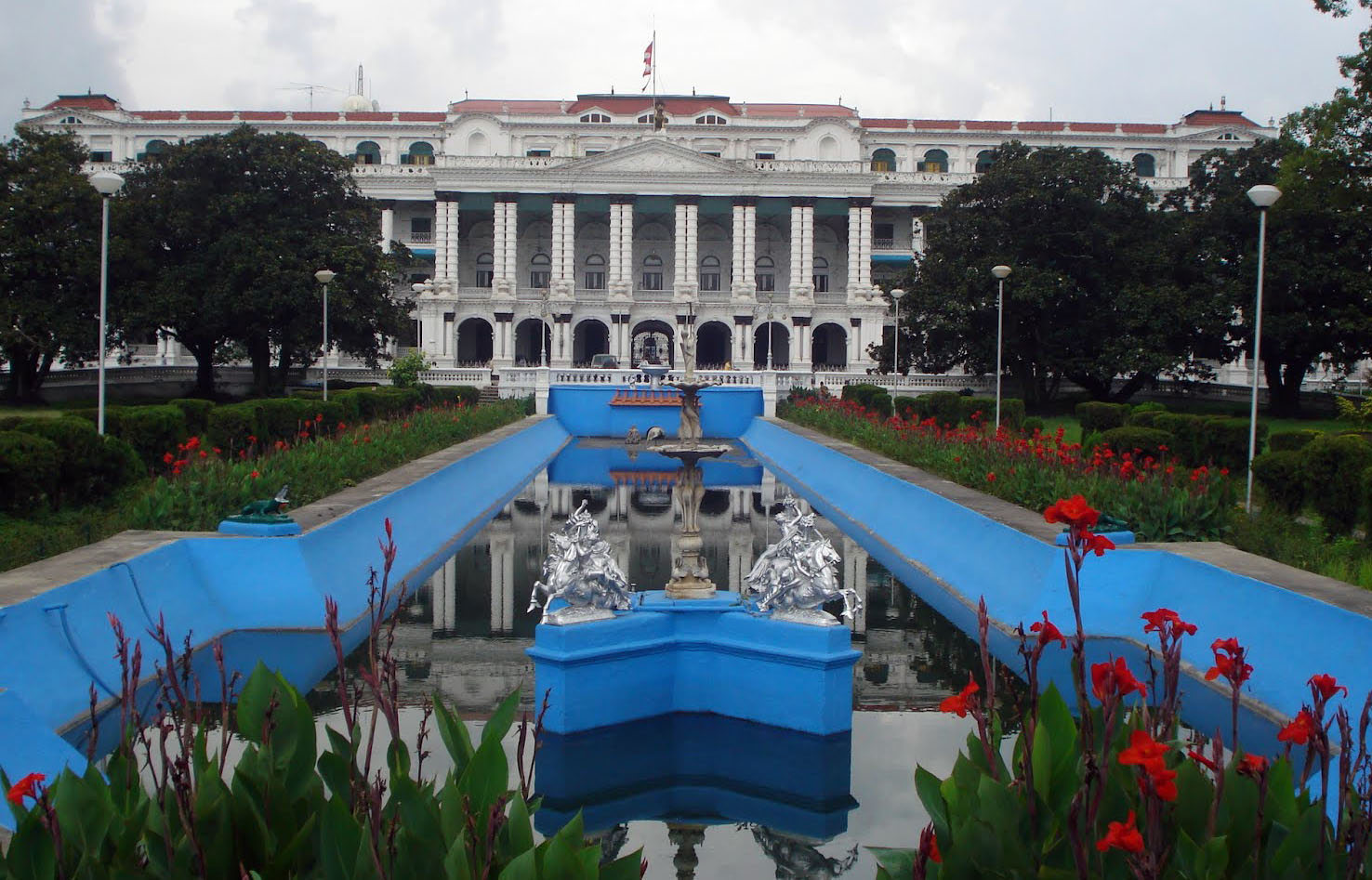
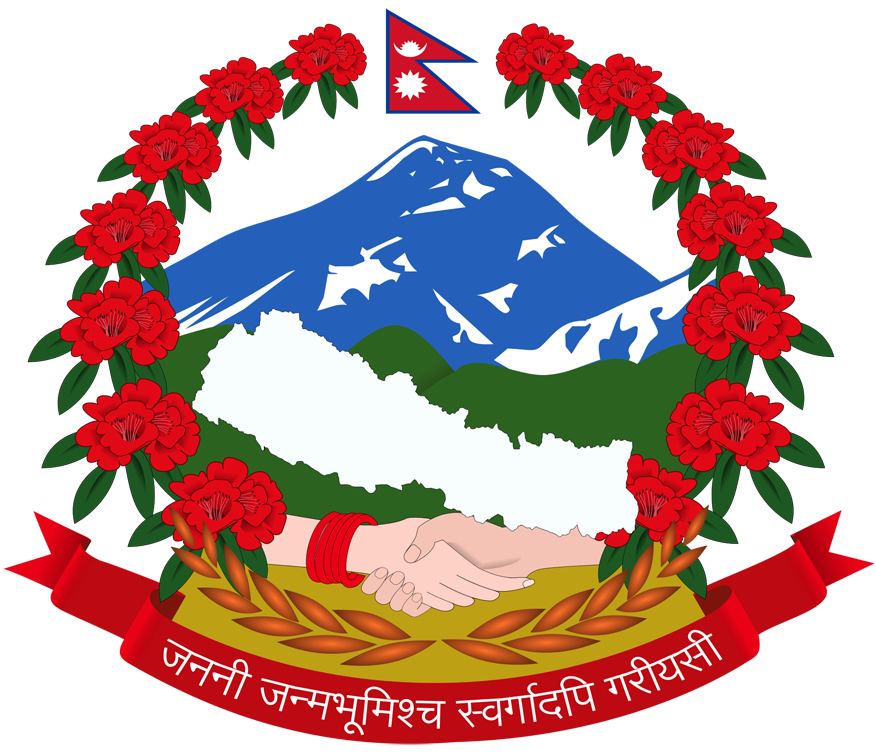
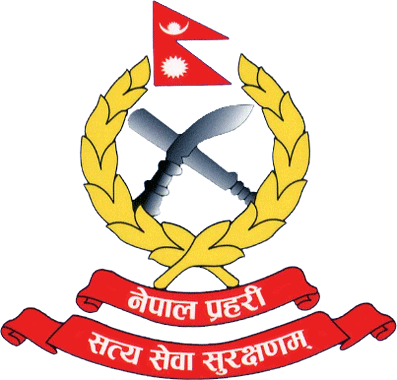
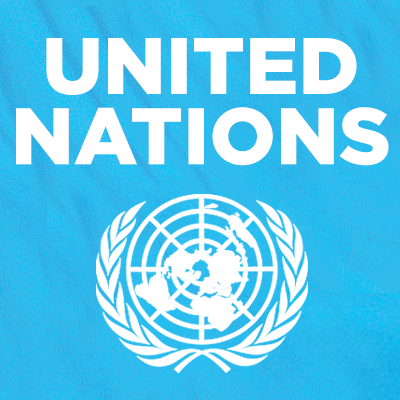


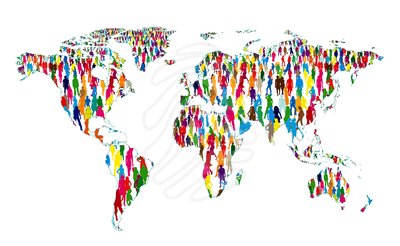

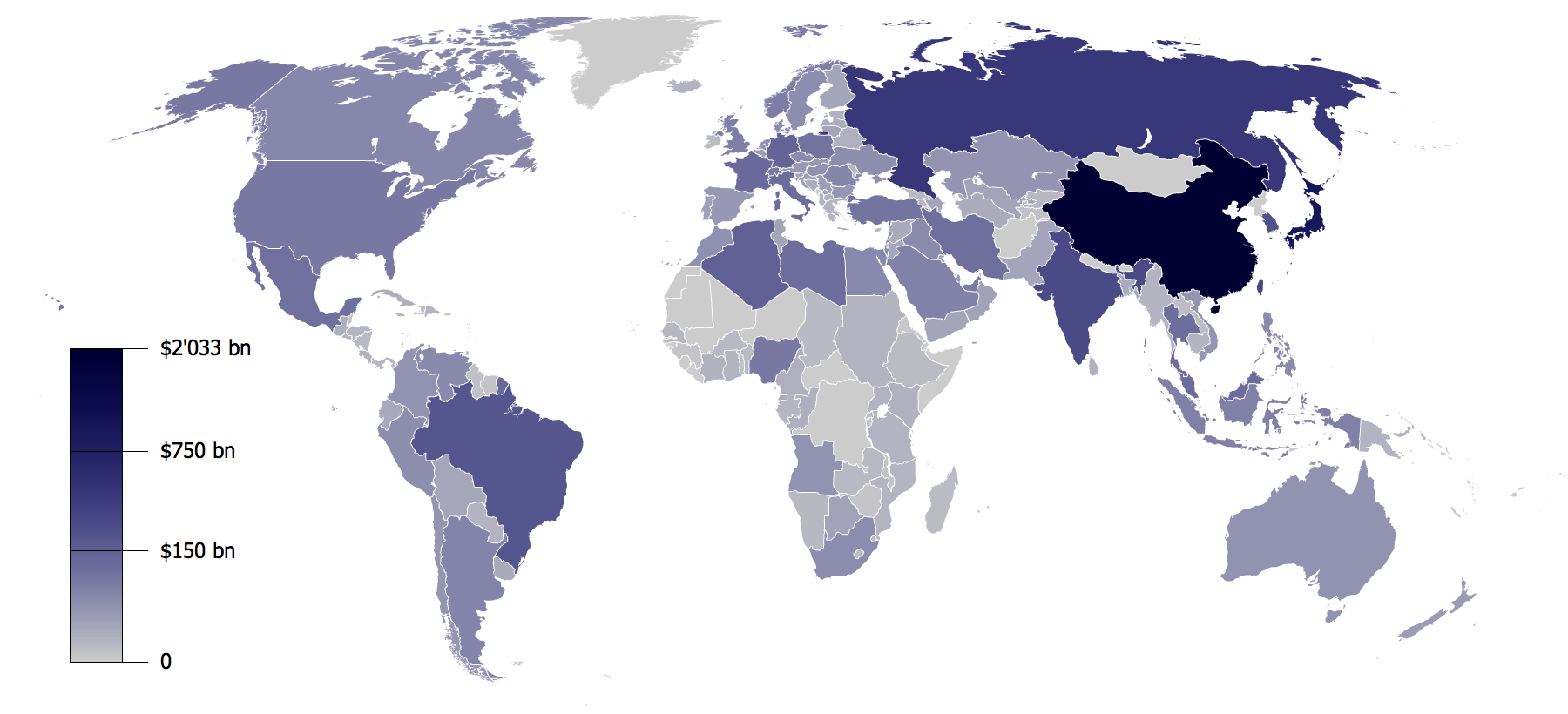
nepali language plz!!!